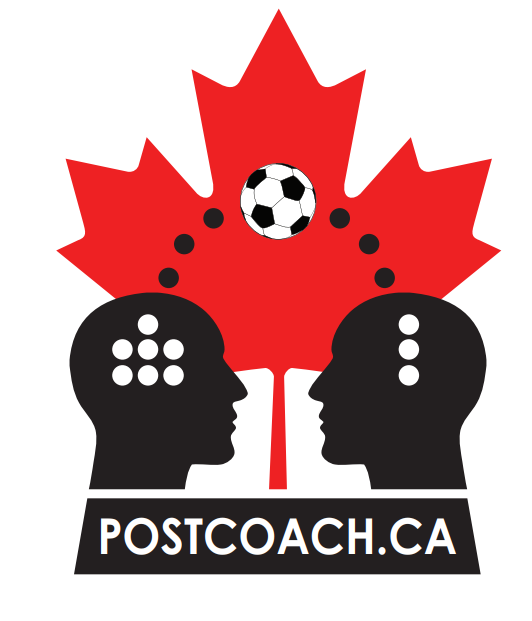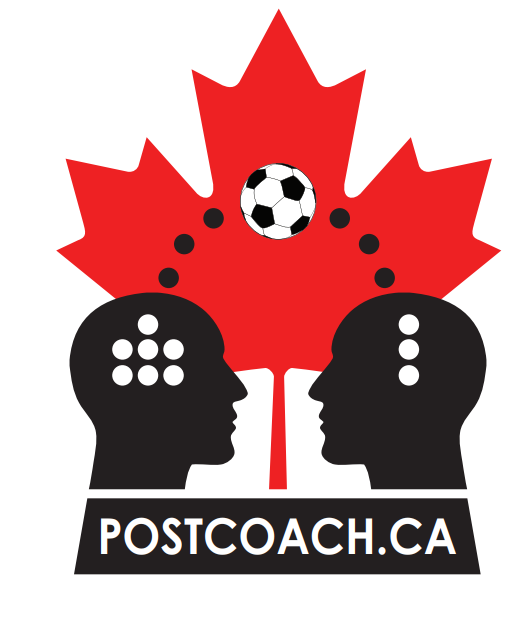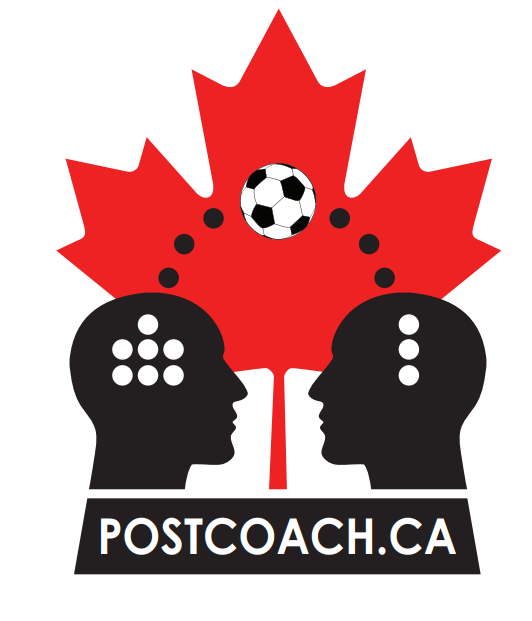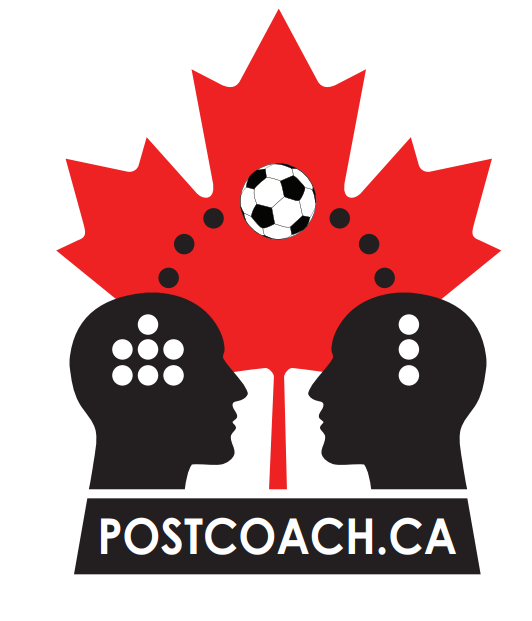The Impact Of Mental Fatigue On Collegiate Athletes’ Performance
Now that exams are over for the first semester at most schools, the following article by Grant Hayes from December 19, 2023 addresses the impact of mental fatigue on collegiate athletes’ performance.
If you have any questions at all or would like to continue the discussion, Grant can be reached at: g.hayes@soma-npt.ch

In this article, we examine a pivotal study titled “The Relationship Between Mental Fatigue and Shooting Performance Over the Course of a National Collegiate Athletic Association Division I Basketball Season.” This research provides crucial insights into how mental fatigue, primarily due to academic stressors, affects the athletic performance of NCAA Division I basketball players. This topic is particularly relevant as it explores the intersection between academic responsibilities and athletic excellence, offering a comprehensive look at the challenges faced by student-athletes. We will delve into the methodology, findings, and implications of this study, offering a detailed perspective on how mental workload can influence sports performance.
Methodology
Study Design and Participants: The study focused on elite male NCAA Division I collegiate basketball players. It was structured to understand how their shooting performance varied under different conditions, particularly focusing on periods of high academic stress compared to typical game weeks.
Experimental Approach: The players’ performances were analyzed during various phases of their season, categorizing weeks into high game volume and high academic load periods. This categorization allowed for a comparison of their performance under different mental fatigue levels.
Measurement Techniques: Key methods used in the study included:
- Shooting tasks to assess athletic performance.
- Mental fatigue assessments, which helped in correlating the psychological state of the players with their physical performance.
To provide a clearer understanding, let’s lay out the data in a table format:

Key Findings
The study’s results offered some striking insights into how mental fatigue affects athletic performance:
- Impact of Academic Load:
- The players exhibited a noticeable decline in shooting accuracy during periods of high academic stress.This decline was more pronounced compared to weeks with a high volume of games.
- Performance Variations:
- Shooting performance varied significantly depending on the type of week.During high academic load weeks, players showed reduced accuracy and consistency.
- Mental Fatigue Effects:
- The assessment highlighted a clear correlation between increased mental fatigue and decreased shooting performance.
To illustrate these findings, here’s a summarized table:

The Real Impact of Academic Stress on Athletes: Diving into the heart of the matter, this study throws a spotlight on a crucial yet often overlooked aspect of collegiate sports – the balancing act between academics and athletics. It’s a real eye-opener about how the stress of hitting the books can spill over onto the court. We see that when exams and essays pile up, it’s not just the grades that might take a hit, but also the players’ shooting accuracy. It’s a vivid reminder that these athletes are students first, and their mental load extends far beyond the gym walls.
A Call to Action for Coaches and Sports Programs: This brings us to a pivotal point for those steering the ship in collegiate sports programs. It’s time to rethink how we schedule training and competitions, keeping in mind the academic pressures these athletes face. The traditional approach of planning around game days might need a tweak; perhaps it’s time to sync with the academic calendar too. It’s about recognizing that mental fatigue is as real and impactful as physical fatigue, and it requires equal attention.
Striking a Healthy Balance: The big takeaway? It’s all about balance. For student-athletes to excel, they need support that goes beyond physical training. This might mean more flexible schedules, mental health resources, and academic support. It’s about fostering an environment where athletes can shine both in their sport and in the classroom. After all, success on the court should not come at the expense of academic achievement.
Data Summary and Analysis
Let’s break down the data to see exactly how different conditions affected players’ shooting performance, presented here in a more digestible format:
- MADE4MIN (Made Shots in 4 Minutes)
- Game Day: -1.90%Academic: -8.28%Practice: -0.82%Typical Day: +6.40%
- MISS4MIN (Missed Shots in 4 Minutes)
- Game Day: -1.37%Academic: +16.73%Practice: -0.38%Typical Day: -4.30%
- SSTTOTALSHOTS (Total Shots in 4 Minutes)
- Game Day: -1.70%Academic: +0.54%Practice: -0.66%Typical Day: +2.70%
- SSTSPOTS (Spots Completed in 4 Minutes)
- Game Day: +5.26%Academic: -14.29%Practice: -3.05%Typical Day: +9.09%
This data indicates that academic stress can significantly affect a player’s game, not just in the number of shots made but also in the increased number of shots missed.
Data-Driven Conclusions:
The data presented in this study are more than mere numbers; they tell a compelling story of the student-athlete’s dual journey. The 8.28% drop in made shots during academic high-load weeks is not just a statistic; it’s a quantifiable reflection of the mental toll that academics can exert on athletes. Similarly, the 16.73% increase in missed shots under the same conditions speaks volumes about the concentration and precision that academic stress can compromise.
The study’s contrast between the 5.26% increase in spots completed on game days against the 14.29% decrease during academic stress periods underscores the dual realities that these athletes live. Where the adrenaline and focus of the game can enhance performance, the weight of academic deadlines and examinations can detract from it.
Armed with these insights, it becomes clear that the future of collegiate athletics should be one informed by data and shaped by the understanding that the mind is as instrumental to athletic success as the body. Institutions that embrace a data-driven approach in supporting their student-athletes can expect to not only improve performance on the field but also cultivate resilience and academic excellence off it.
In closing, the message from this study is unequivocal: the achievement of balance between academic and athletic demands is not merely an ideal; it’s a critical, measurable goal that can decisively impact the performance and well-being of student-athletes. As we champion their pursuits in education and sports, let us commit to a future where the mental fatigue that so clearly influences their performance is met with strategies and support that are as scientifically grounded as the games they play.
https://www.linkedin.com/embeds/publishingEmbed.html?articleId=8809030506204219396&li_theme=light

About the Author:
Grant Hayes is the owner of Soma Technologies a leading cognitive performance training platform used and trusted by professional athletes, military and universities around the world.



